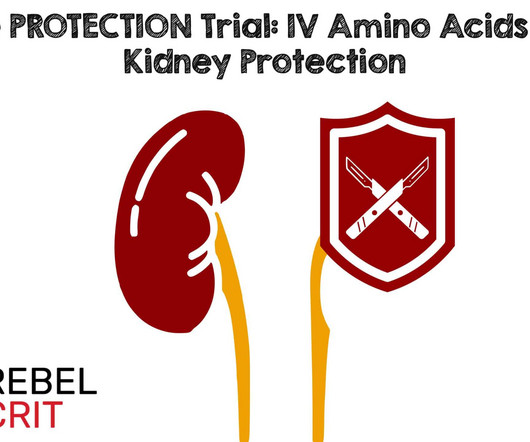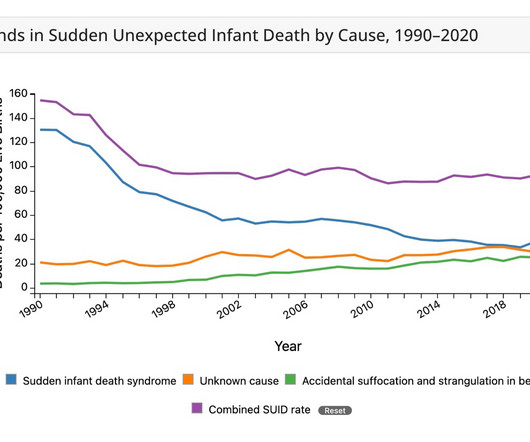Chemical Burns
Mind The Bleep
OCTOBER 29, 2024
Sodium Chloride or Hartmanns if indicated, monitoring for signs of shock. Provide detailed documentation of the initial assessment, treatment provided, and the patient’s response to interventions. 2013 May;74(5):1363-6. Establish IV access and begin fluid resuscitation with 250ml boluses of 0.9% J Trauma Acute Care Surg.



























Let's personalize your content